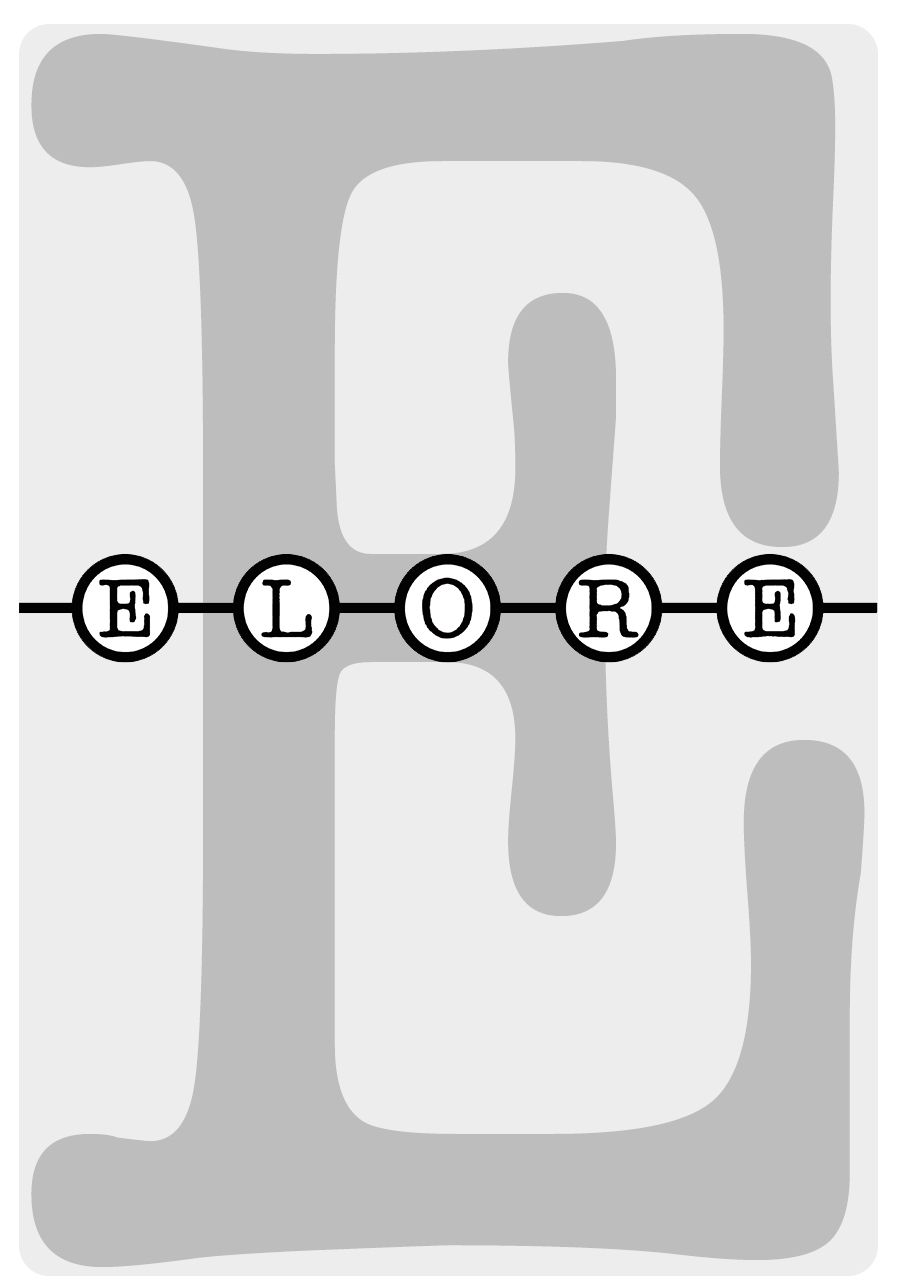Voitonpäivänjuhla Sortavalassa
Juhlinnan ja muistin politiikkaa rajakaupungissa
DOI:
https://doi.org/10.30666/elore.79218Abstract
The article analyses Victory Day celebration in Sortavala, the Russian Karelian city situated just 60 kilometres from the border with Finland. The history of this city and the whole region of northern Ladoga is in contradiction with the Russian national understanding of World War II as the Great Patriotic War. The territory was annexed by the Soviet Union in 1940 as a result of the Winter War, then returned to Finland in 1941 and re-surrendered to the Soviet Union in 1944. All the present population of the region has a migrant background: they or their ancestors have moved there in the interwar period or after the war.In Putin’s Russia Victory Day has become the most popular and most important national holiday. The analysis of the celebration is informed by literature on the politics of celebration and cultural memory production. The celebration is assessed as an interplay between memory hardware (the material artefacts in the city space) and software (historical narratives that are embedded in the ritual). The Victory Day celebration is produced by many actors – city officials, local search parties for those killed in action, the Orthodox Church – and involves the general public. The image of the war and victory constructed by different voices during the celebration is based on the Soviet-time ”victory myth”. Still, different actors bring their own meanings into the celebration.

Downloads
Published
How to Cite
Issue
Section
License
The journal follows Diamond Open Access publishing model: the journal does not charge authors and published texts are immediately available on the Journal.fi service for scientific journals. By submitting an article for publication on Elore, the author agrees, as of September 2024, that the work will be published under a CC BY 4.0 licence. Under the licence, others may copy, transmit, distribute and display the copyrighted work and any modified versions of the work based on it only if they attribute the licence, the original publication (link or reference) and the author as the original author. Any modifications made must be acknowledged.
Copyright of the texts remains with the authors, and self-archiving (Green OA) of the published version is allowed. This also applies to texts published before September 2024. The Green OA publication must include Elore's publication details.
The metadata for published articles is licensed under Creative Commons CC0 1.0 Universal.





